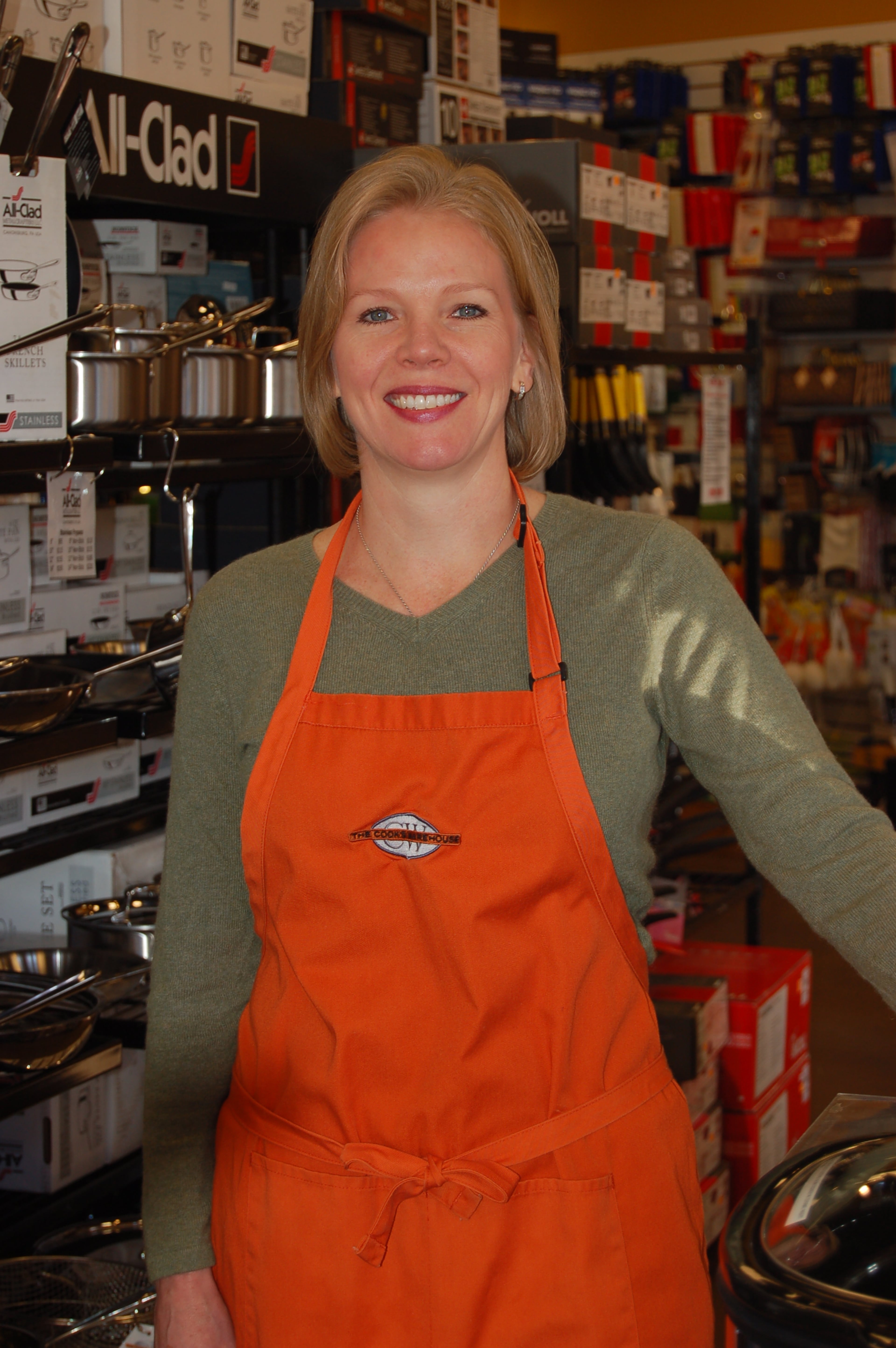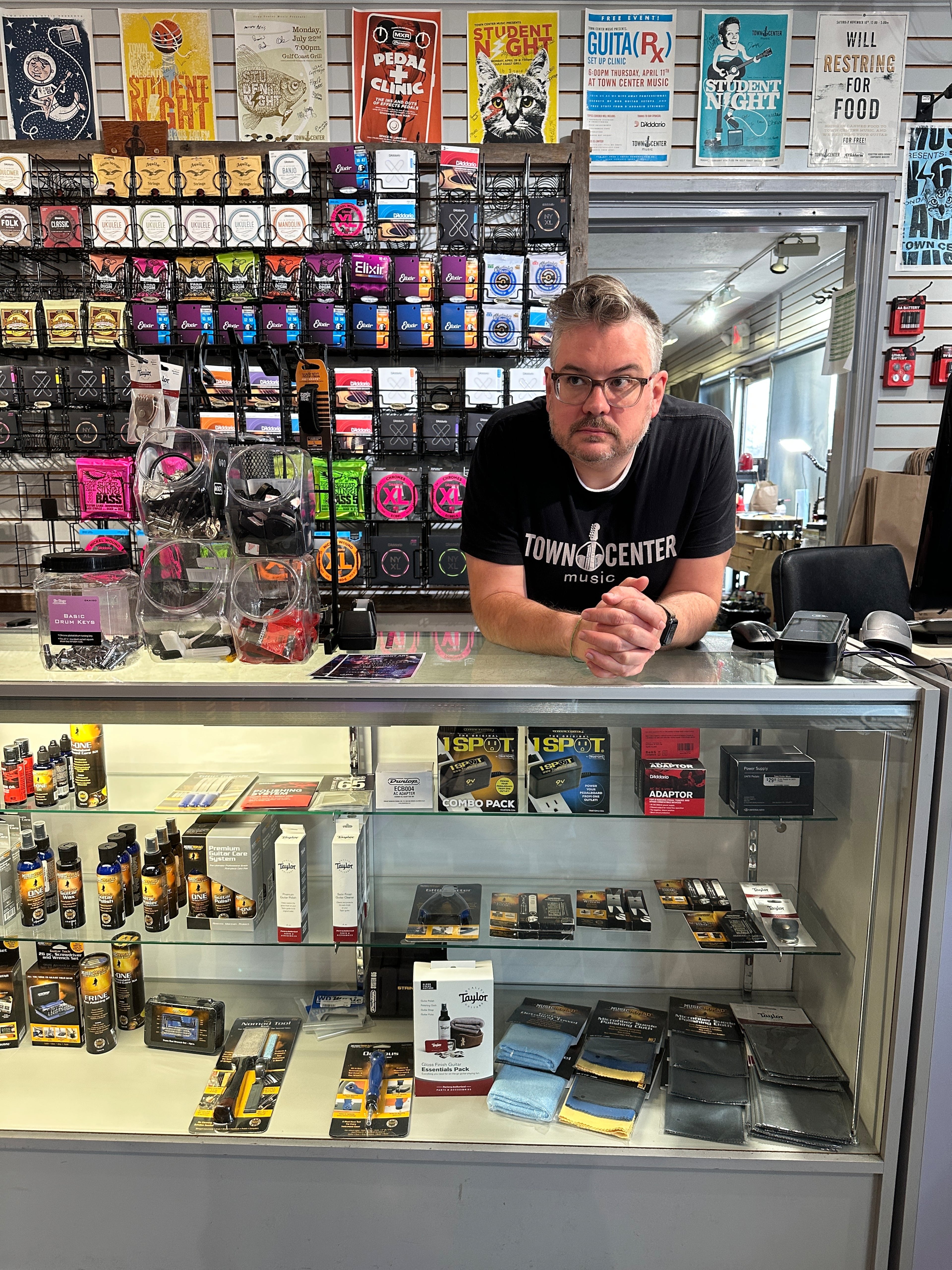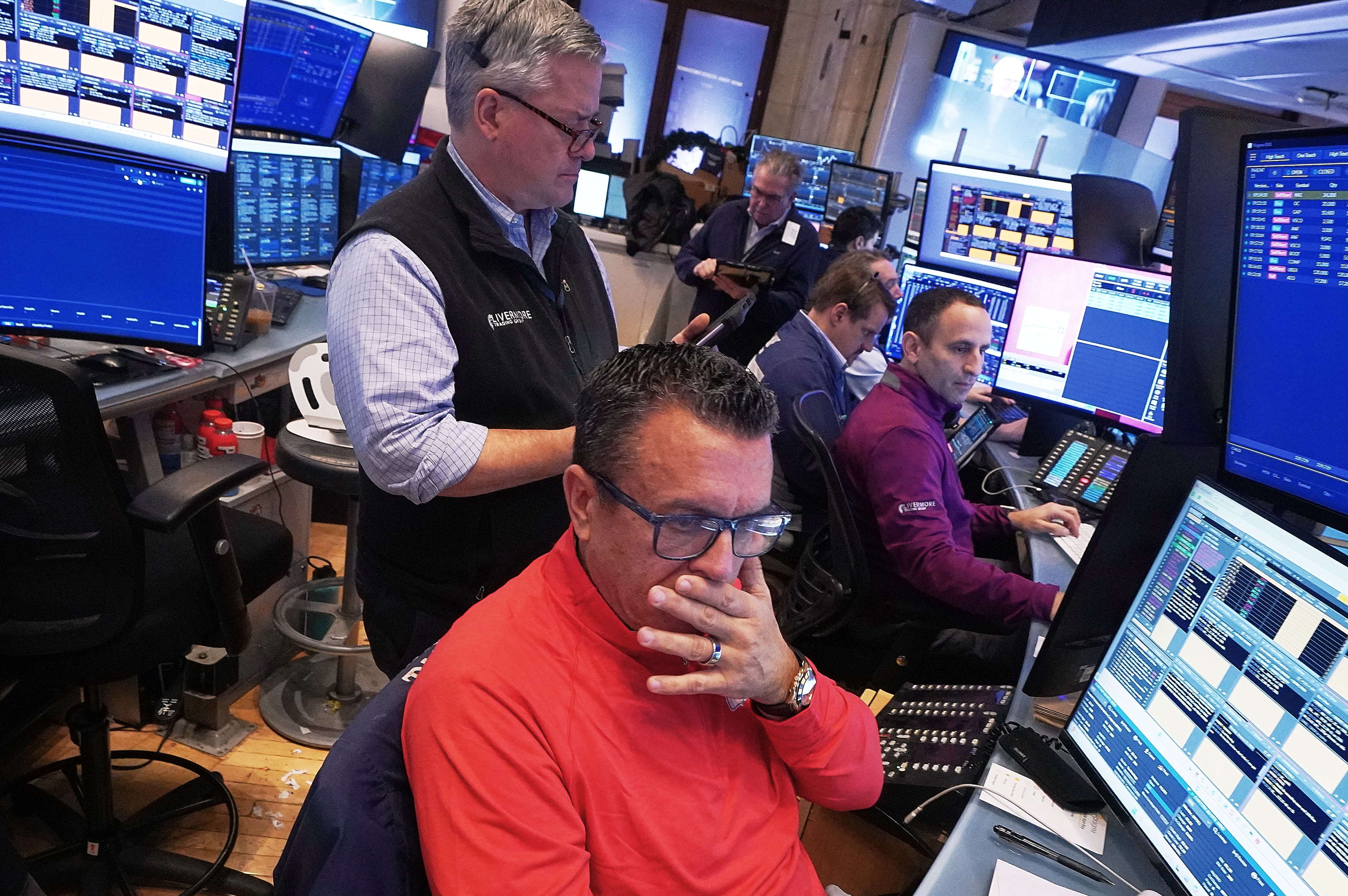Metro Atlanta retailers hopeful for strong holiday season after chaotic year

Holiday spending this year could reach a record $1 trillion in sales across the U.S., according to the National Retail Federation.
But some independent retailers in metro Atlanta are entering this holiday season feeling battered by what they call a chaotic year.
In interviews with The Atlanta Journal-Constitution, local retailers shared that new tariff policies have driven up prices on their inventory.
Some, but not all, are worried consumers may be cautious as they face rising costs on necessities such as groceries. Several said they hope to match last year’s holiday sales volume but are unsure if they can.
They also face competition from online shopping. While people once rushed to stores for Black Friday deals, now they may be just opening their laptop. During the five-day period from Thanksgiving to Cyber Monday, 60% of consumers surveyed by Deloitte said they planned to shop online and 40% in store.

The holiday shopping season is crucial for many retailers. On average, sales in November and December account for almost 20% of a retailer’s total annual sales, according to the NRF.
“There’s no more important time to support your small retailer,” said Mary Moore, founder and CEO of The Cook’s Warehouse, a gourmet cookware store that launched in Midtown 30 years ago. “It’s an ecosystem that’s really important, and that works when we all participate in it together.”
American Express says 86% of consumers are likely to shop at small businesses this holiday season. The credit card company 15 years ago started a promotion called Small Business Saturday, held the Saturday after Thanksgiving, to encourage spending at independent retailers and restaurants.
Here’s what four local retailers are anticipating as the holiday shopping season kicks off.

The Cook’s Warehouse
In her 30 years of business, Moore of The Cook’s Warehouse has seen many economic cycles. But this year ranks among the most unpredictable, she said.
“It’s been so chaotic and up-and-down,” Moore said.
When President Donald Trump announced new tariffs in April, Moore said she started buying inventory “like crazy” to get ahead of rising costs. The retailer imports products from China, India, Taiwan and several countries in Europe.
Moore said she’s “cautiously optimistic” about the holiday shopping season and hopes her sales can match last year.
“At the end of the day, that will be a blessing if that’s what happens,” she said. Consumers are talking about tariffs and cost-of-living increases, she added.
“We have some who are price-sensitive and some who are not at all,” she said. “It’s an interesting mixed bag of sentiments.”

Kudzu Antiques + Modern
George Lawes and his wife, Kate, own Kudzu Antiques + Modern, an antiques, furniture and gift store in Decatur. The family business has operated since 1979 and has a sister store, Kudzu and Co., in Sandy Springs.
Lawes said the retailer has seen solid sales this year, but tariffs have dampened growth. Consumers face an overall average effective tariff rate of 16.8%, the highest since 1935, according to The Budget Lab at Yale.
Kudzu buys its antiques from overseas, including England, France, Belgium and Western Europe. It also imports some of its new products, such as furniture.
“We’d be up more than we are if tariffs hadn’t kicked in,” Lawes said. “We don’t know from month to month what they’re going to be. That uncertainty is really difficult for small business owners.”
Kudzu raised some prices this year. “We have no other choice, and although we have fought hard to keep our prices as competitive as possible, they’re inching up,” Lawes said.
General Manager Emily Costley said it’s confusing for the customer, who may not understand why items cost more. “I’ve kind of gotten less shy about saying it’s our costs, our costs due to tariffs,” she said.
Lawes hopes Kudzu can hit last year’s holiday sales volume. They stocked a selection of lower-price items, knowing some consumers feel stretched.
“This is a challenging environment for small businesses to navigate” the increased costs, Lawes said.
“It’s really important for the consumer to realize that they have to support local businesses,” he added. “Everyone we pay lives and works in our community.”

Town Center Music
Aaron Brown is the owner of Town Center Music in Suwanee, which sells and repairs musical instruments and offers lessons. He’s worked at the business for more than 20 years, taking over as owner 13 years ago.
“It’s never felt like this, just with all the uncertainty, all the chaos,” Brown said Wednesday. And he doesn’t have a clue how the holiday shopping season will pan out.
“Core inflation, directly caused by the tariffs, has really eaten into our sales,” Brown said on a webinar this week put on by We Pay the Tariffs, a grassroots coalition formed in the wake of new tariff policies. “We are a discretionary good. People are always buying food or clothes before they buy a guitar.”
We Pay the Tariffs said the average tariff rate on musical instruments has increased from 6% to 20.8%.
Brown said, for example, one manufacturer has raised prices three times this year, for a 15% total increase. “On an instrument that’s $300, that’s something to take note of.”
The business suffered during the busy back-to-school season, when it lost $12,000 worth of sales because it wasn’t able to get enough instruments in stock.
October sales also dipped about 24%, Brown said. But then November sales were back on track.
“That reflects a lot of the uncertainty that the consumers have,” Brown said. “I know as a consumer myself, I don’t know what my bag of coffee is going to cost every week.”

Brown & Co. Jewelers
Sara Beth Brown Prendeville is president of Brown & Co. Jewelers, a business her father, Frank Brown, started in 1974. The retailer, which sells fine jewelry and timepieces, has locations in Roswell and Buckhead.
Prendeville said she’s optimistic about the holiday season. She expects sales to be at least flat from last year, possibly up.
“We’re still finding our clients, thank goodness. They’re not showing signs of really slowing down,” she said.
Experts have said higher-income households are continuing to spend, while lower-income consumers may feel more pinched this holiday season.
“There is a demographic that’s kind of unaffected by any uncertainty in an economic environment,” Prendeville said.
But she is sensitive to the divide and said the retailer has added jewelry lines at accessible price points. “They tend to be a little bit daintier, trendier pieces,” she said. “Our goal is to be available and have something to provide for everybody.”
The jeweler, like other retailers, has been affected by tariffs this year, especially on Swiss watches. But Prendeville said the company has kept price increases at a minimum.
“Prices of everything have gone up,” she said. “We’ve had to absorb it at the end of the day.”



